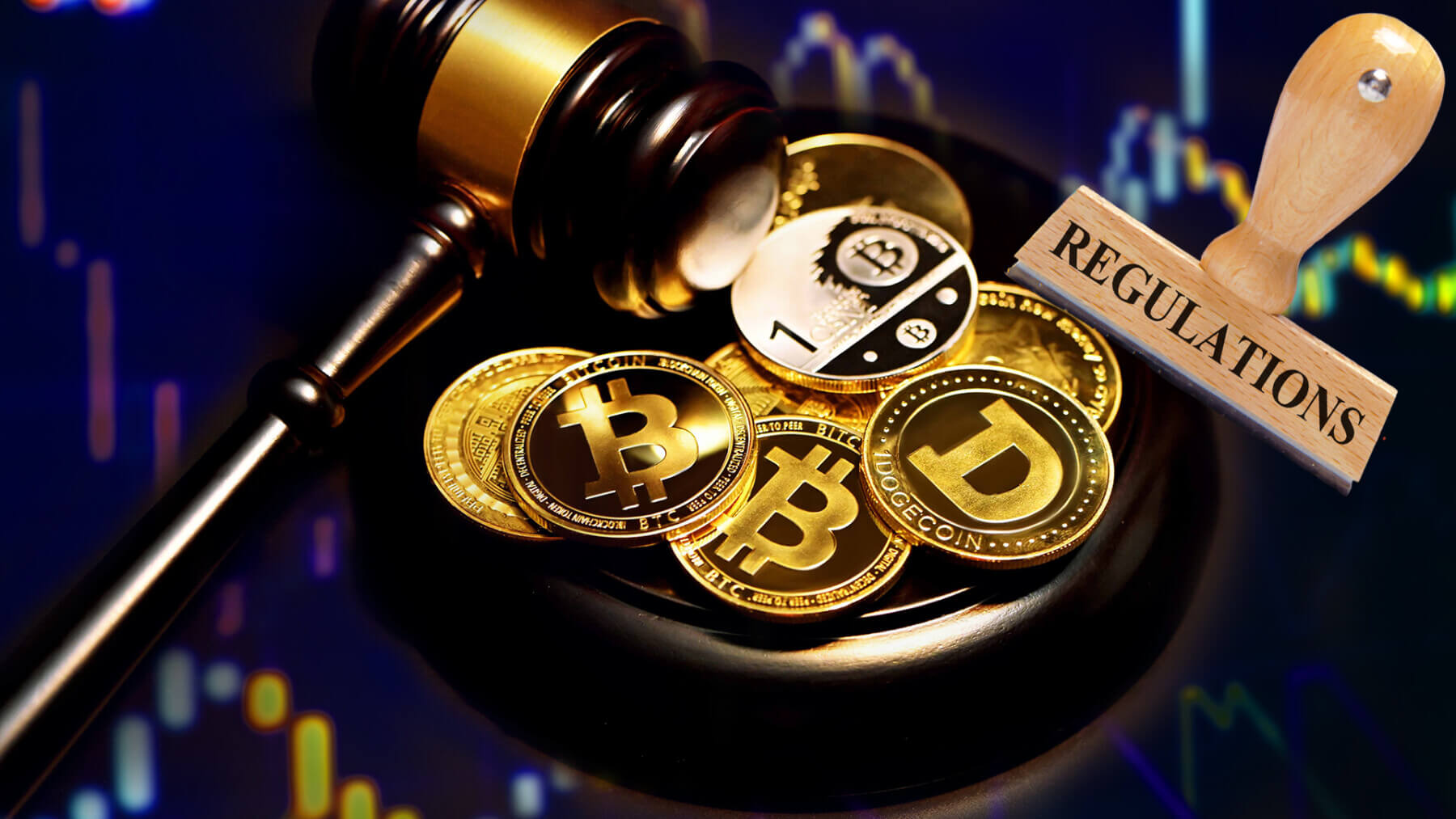- The UAE Central Bank approved a framework for stablecoin regulation which allows only dirham-backed stablecoins to be used for payments.
- Cryptocurrency like Bitcoin and Ethereum will be restricted to trading, investment, and corporate treasury purposes while foreign stablecoins will only be permitted for purchasing specific virtual assets like NFTs.
- The new framework is set to commence in June 2025.
The UAE Central Bank’s recent regulation on stablecoins is poised to reshape the way cryptocurrencies work in the country, bringing a structured framework for the use of digital currencies. Set to take effect in June 2025, this regulation will restrict the use of major cryptocurrencies like Bitcoin and Ether for transactional purposes, instead allowing only dirham-backed stablecoins for payments within the Emirates.
The regulation aims to provide clarity and reduce legal uncertainties for businesses, encouraging secure interactions between FinTech companies and virtual asset service providers (VASPs) such as exchanges and payment processors. Financial free zones are exempt from this new rule, permitting some flexibility for international business operations.
Impact on the Market and Stakeholders
The recognition of specific use cases for foreign payment tokens, including non-fungible tokens (NFTs), is expected to promote collaboration between FinTech firms and VASPs. This move will help eliminate compliance risks and legal ambiguities, promoting a safer and more diverse market environment.
A phased approach will allow time for the development of a dirham-backed stablecoin, ensuring a smooth transition for stakeholders. Amid these changes, Bitcoin and Ether will be relegated to investment and trading purposes, remaining integral to corporate treasuries and investment portfolios.
Stablecoin Market Trends
The global stablecoin market is expanding rapidly. Data from Chainalysis indicates that stablecoin purchases reached $40 billion in March 2024, highlighting their growing importance within the cryptocurrency ecosystem. The new UAE regulation emphasizes the need for robust oversight, reflecting lessons learned from past market collapses, such as the $60 billion wipeout following the TerraUSD and Luna crash in May 2022.
Dirham-backed stablecoins can either be private entities backed by reserves or function as central bank digital currencies (CBDCs) if issued by the UAE Central Bank. Unlike volatile cryptocurrencies, these stablecoins offer price stability, making them suitable for everyday transactions and cross-border payments while leveraging blockchain technology’s transparency and immutability.
Regulatory Framework and Compliance
The new law mandates that no entity can issue a payment token without submitting a white paper to the Central Bank for approval. This document must detail the technical specifications and operational data of the payment token, ensuring thorough assessment before market entry. Banks are not directly permitted to issue payment tokens but can do so through subsidiaries or affiliates, provided they meet licensing and regulatory requirements.
Amir Tabch, CEO for the Middle East at Liminal Custody, emphasized that transitioning to dirham-backed payment tokens is feasible, requiring only an adjustment of trading pairs. This change will resolve existing issues like the conversion of digital currencies to traditional currencies, enhancing the stability and compliance of crypto operations in the UAE.
Credit: Source link
